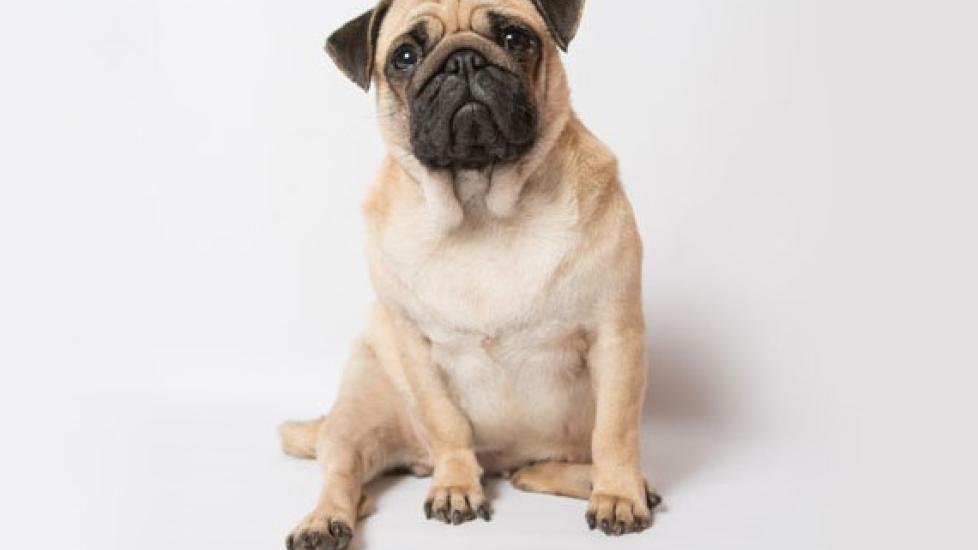Some Health Conditions Missed in Overweight Pets
According to the 2014 AAHA Weight Management Guidelines for Dogs and Cats, nearly 60 percent of pets are overweight or obese. This condition has been linked to increased risk of serious diseases like diabetes, joint disease, kidney disease, lung disease, and some types of cancer. Often overlooked are conditions affecting anal glands and skin, caused by the overweight or obese state.
Anal Gland Impaction and Rupture in Cats and Dogs
The anal sacs or glands are located under the skin below the anus at the 4 and 8 o'clock positions. These glands produce a waxy paste that is released through small openings at the anal opening. To other cats and dogs, this paste has a unique odor that identifies the individual owner.
By contracting the muscle surrounding these scent glands, cats and dogs can release the contents with their feces or independently to mark territorial boundaries. Many of our domesticated pets have lost the ability to squeeze the muscles surrounding their anal glands and release the contents. They have to massage them with their tongues or scoot on the ground to empty the contents.
Excess fat complicates squeezing the glands even further. Fat infiltration of the muscle fibers decreases the muscle’s ability to effectively contract. Obese animals cannot reach their anus with their tongue and massage the paste free of the glands. Fat pads in the anal and pubic area cushion pressure from the ground or floor. This makes scooting ineffective for emptying the glands.
Without release, the contents of the anal glands continue to accumulate. The glands swell and become uncomfortable for the pet. Often they become infected and very painful. Eventually the glands can rupture through the skin, producing an open wound.
Although ruptured anal glands are not a life threatening condition, they are very painful for the pet and surgical repair can be costly for the owners. Anal gland abscess and rupture can be prevented by having them routinely, manually expressed by veterinary or grooming staff. The glands of overweight or obese pets should be checked two to four times yearly, depending on how fast the glands fill.
Flakey Skin and Matted Fur in Cats
Flakey skin and matted fur along the back and rear legs is frequently seen in obese cats. Cats are fastidious groomers. Their tongues remove skin flakes and shed hair. The grooming prevents hair matting. Obese cats have difficulty reaching their backs and the backs of their hind limbs and other hard to reach areas. Without grooming, flakes and shedded hair accumulate and hair becomes tangled into mats. Often these mats become so tangled that they become painful for the cat.
Overweight cats should have their fur routinely combed or brushed to remove shed hair. This will help prevent mats and reduce dead skin flake accumulation. Although this is less effective than the cat's own grooming technique, it can reduce the discomfort of matted fur.
Anal and Pubic Skin Rash and Infection in Cats and Dogs
Overweight or obese pets with long hair or “feathers” on their tail and around their anus are at risk of painful rashes and skin infection in these areas. Soft bowel movements can stick to this fine hair. Without the ability to reach the area with their tongues, overweight pets can accumulate large amounts of fecal material. Owners are often unaware that this is occurring.
Fecal accumulation produces a skin rash that becomes infected and very painful. This can be prevented by shaving the fur on the tail and around the anus. This “sanitary shave” should be considered a routine grooming procedure for overweight animals.

Dr. Ken Tudor
Image: Valentin Creciun / Shutterstock
You may also be interested in reading:
